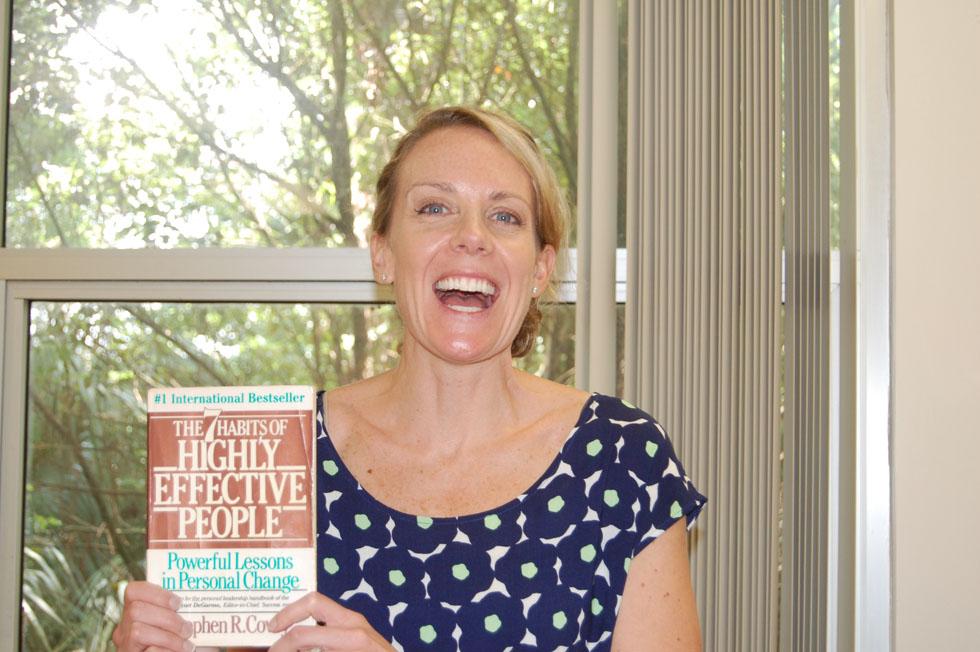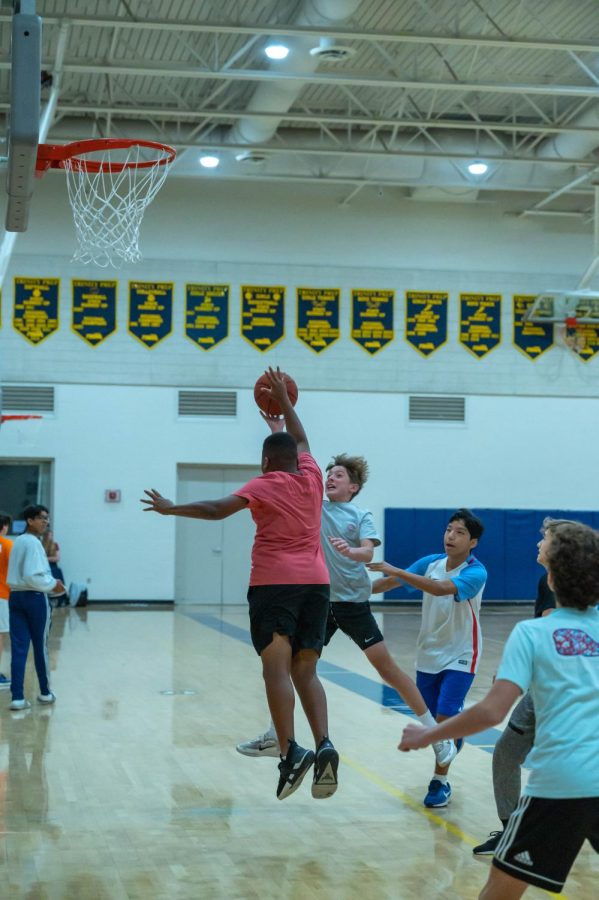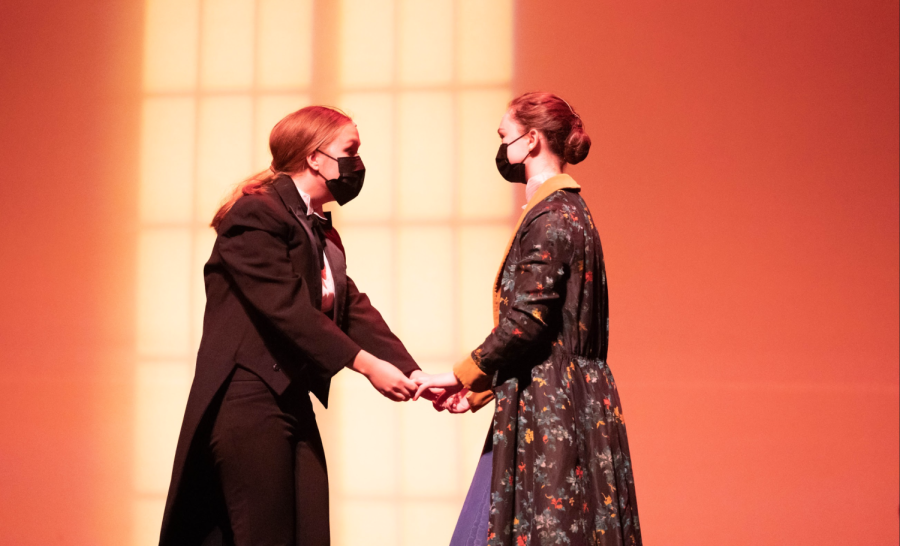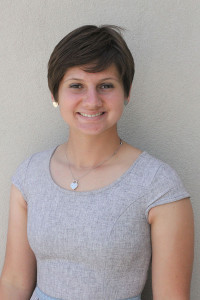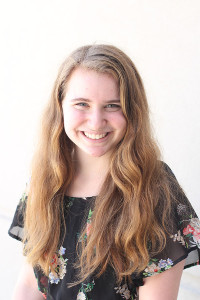Although self-help books aren’t most things that typical young adults turn to help themselves through life, math teacher Patricia Horel found advice after reading 7 Habits of Highly Effective People. She read the book in a marketing course she took while at Florida State University.
“When I was in college, it was a new up-and-coming book,” said Horel. “Our marketing [professor] had us read the book, and each of us took one of the habits and presented it.”
The book references its title to outline seven habits that the author, Stephen R. Covey, thinks people should use in their everyday life to better themselves as people.
The habit Horel and her group was assigned to was “Think-win-win, which means always look at a situation not as a problem, but how both sides of a problem [can] win. Truthfully, if there is no compromise, then nobody wins. If both sides compromise and meet somewhere in the middle, then both sides can win,” said Horel.
She uses this habit throughout her life, and now brings it into the classroom.
“If students come in and have an excuse [of why they did poorly on a test, I will work with them] as long as they are going to meet me halfway,” said Horel. “I’m not going to let [them] retake it, but [they] can make corrections. I’ll give [them] some points back. I’m always looking for the healthy balance in the classroom,” said Horel.
However, the habit that Horel presented is not the habit that has had the most influence in her life.
Horel said, “The one [habit] that I thought was the most important is ‘put first things first.’ That means you have to put your big rocks into the bowl first before you put all your little things or the big rocks aren’t going to fit.
“The big rocks are the most important things in your life, like your family [and] your friends. You need to make sure that you are feeding that part of your life first, and it will spill over into the rest of your life,” said Horel. “All the small things don’t matter as much if the big things are already taken care of.”
Two years after she graduated from college, Horel went to a workshop the author hosted.
She said that during the workshop, the attendees learned “leadership qualities, things like keeping a planner, writing things down, making things priorities,” explained Horel.
Even after all these years, Horel still finds use in the skills she learned. “I have a planner that I put everything in. I make sure that whatever I want to get done that day is written in that planner. If I’m going to go to the gym, it’s written in there as an appointment to myself. If I am going to pick up my kids early, if I have practice, [if] they have practice, whatever is going on in my life.” Using the planner was one of the first lessons that Horel put into use in her own life.
The second habit she used is being proactive. She explains it by saying, “Don’t panic when a problem comes into your business. A good leader is someone who never panics. They look at a situation and they try to problem solve their way through it.”
Horel tries to focus on finding a solution that pleases everyone. “One of the things that I’m really good at is seeing both sides of everything. It drives people crazy because when you have a problem, you want someone to say to you, ‘I know; I understand. You are right; you are exactly right.’ People want to hear [that] but what I see is, ‘Well, okay. That’s a problem we can solve if you think about it. You could [be] a and b and then that person could be c and d, and you guys can come together and meet in the middle.’”
The project that Horel had to do in her college class is the reason she picked up many useful tips from 7 Habits of Highly Effective People because she could then apply them to her life. The real-life application of the lessons helped reinforce the habits that Horel had read. Without discussion and active, conscious exercise, the habits are no more than words on a page.
While the book may be a good starting point for changing your life, without experiencing the lessons first-hand, the real effect cannot be achieved. Another criticism with the book is the seven habits the author outlines are intended to be for every person in any circumstance. Covey fails to realize that each person on this planet has a different goal for their life. Everyone needs to find what works best for themself. Lifestyles are not like Snuggies; a lifestyle is not one-size-fits-all.
Although Covey’s book makes the readers think about how they can improve their life, the readers must ultimately turn inward to find what works to achieve the type of life that they desires.





